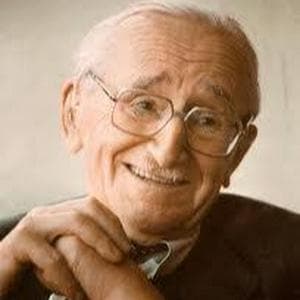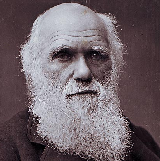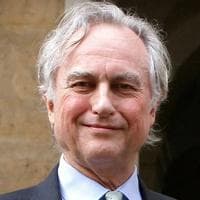Friedrich von Hayek tipe kepribadian MBTI
Kepribadian
"Jenis kepribadian apa itu Friedrich von Hayek? Friedrich von Hayek adalah tipe kepribadian INTP di mbti, 5w6 - sp/so - 531 di enneagram, RCOEI dalam Big 5, LII dalam socionics."
This is a quick analysis of Ti-Ne evidence in Hayek, citing the book Elgar Companion to Hayekian Economics as the source of these quoted passages - In this LSE inaugural lecture, Hayek emphasized the misdirection the German Historical School has given to economic reasoning by rejecting ‘theory’ in place of a narrow study of ‘the facts’ of history - one would expect Hayek to have suggested an empirically based theory of ‘learning’ in a complex market setting. Instead, he pursued a different path, and that was to show how individuals did not have to have any detailed knowledge of the actions and plans of others in the complex market order. The ‘problem’ has its solution, in realizing that the prices that Mises had emphasized as so crucial for purposes of economic calculation are also the means for economizing - Hayek never wrote a systematic treatise on economics in which he integrated and formulated his overall conception of human choice, the social order and the economic system. The two treatises that he wrote later in life, The Constitution of Liberty (Hayek, 1960) and his three-volume Law, Legislation, and Liberty (Hayek, 1973, 1976, 1979), are primarily concerned with the social, legal and political orders of a free society. All of his ideas on the nature and workings of the economic system and market order are clearly embedded in and centrally inform the content and orientation in these works. Indeed, his economic writings during the 1920s, 1930s and 1940s are the essential foundations for his later profound work on social and political philosophy. But Hayek the economist never offered his version of Mises’ Human Action. Instead, what one finds in Hayek’s economic writings from the interwar period and after is the work of a scholar often being ‘inspired’ by some theme earlier developed by Mises, and then, as he expressed it, proceeding to reformulate the problem and its analytical construction in his own ‘puzzler’s’ way in response to the economic theory and policy controversies of his own time. I would also like to add that Hayek studied economics (initially as a Fabian however) because of his service in WW1 and a desire for the world to not repeat it (possible Si-Fe) Lastly, his quick skepticism about social justice in an interview with George Roche III demonstrate such a strong Ti deduction when he stated, "Justice is an attribute of individual action. I can be just or unjust towards my fellow men. But the conception of a social justice; to expect from an impersonal process - which nobody can control - to bring about a just result is not only a meaningless conception, it's completely impossible." It is deductions like these that Ti can resemble Fi because of their identical moral conclusions, differentiated only by the methods. It's a massive opportunity that this page is relatively empty and I hope this comment fosters more dialogue to discuss more about this underrated man.
Biografi
Friedrich August von Hayek (8 May 1899 – 23 March 1992), often referred to by his initials F.A. Hayek, was an Anglo-Austrian economist and philosopher best known for his defence of classical liberalism. Hayek shared the 1974 Nobel Memorial Prize in Economic Sciences with Gunnar Myrdal for his "pioneering work in the theory of money and economic fluctuations and [...] penetrating analysis of the interdependence of economic, social and institutional phenomena". Hayek was also a major social theorist and political philosopher of the 20th century and his account of how changing prices communicate information that helps individuals co-ordinate their plans is widely regarded as an important achievement in economics, leading to his Nobel Prize. Hayek served in World War I and said that his experience in the war and his desire to help avoid the mistakes that had led to the war drew him into economics.
Kepribadian correlate

Adam Smith

John Maynard Keynes

Hans-Hermann Hoppe

Milton Friedman

Thomas Sowell

Thomas Malthus

Ludwig von Mises

Ibn Khaldun








